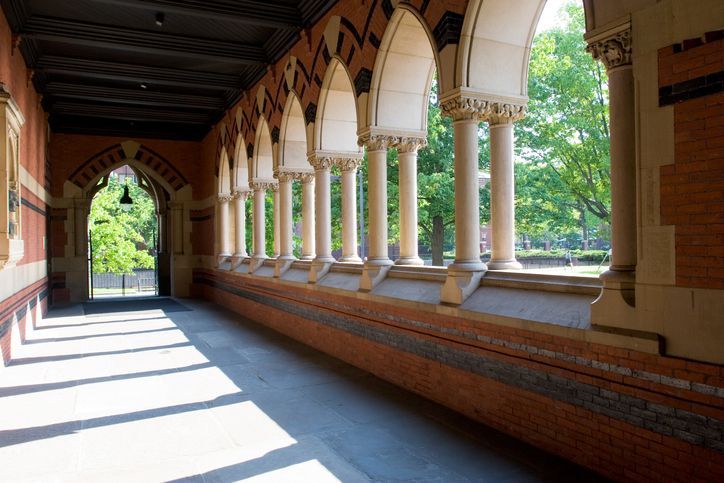This page is licensed under Creative Commons under Attribution 4.0 International. Anyone can share content from this page, with attribution and link to College MatchPoint requested.
What Does it Mean When a College is Highly Selective?
The term “highly selective schools” refers to colleges and universities with an acceptance rate of 20 percent or less. However, in recent years, the number of schools with such low acceptance rates has increased, making the college application process even more competitive. While only 26 schools have an acceptance rate of less than 10 percent, and yet these schools are the ones most likely to be mentioned by students. This narrow mindset can limit their options and make the college application process more stressful than it needs to be.

One notable change has been the increased selectivity of schools that were once considered less competitive than Ivy League institutions. Schools like Vanderbilt, Northwestern, Williams, and Amherst, whose acceptance rates were once not significantly different from the Ivy League schools, are now considered highly selective with acceptance rates below 10 percent. This has created a new level of competition and made it more challenging for students to get into these schools.
The COVID-19 pandemic has further exacerbated this trend. Admissions have become more challenging as many schools are receiving an increased number of applications from students who were unable to take standardized tests due to the pandemic. This has led to many colleges and universities becoming more selective in their admissions process, making it even more important for students to have a broad college list when applying to schools.
It is not only private schools that are experiencing this change in selectivity; public flagship state universities are also seeing a decrease in admissions rates. For example, the University of North Carolina has a low out-of-state admissions rate, and other public schools like UCLA, Michigan, and Georgia Tech have all become more selective in their admissions process.
As a result of these changes, it is essential for students to have a broad college list that includes a mix of highly selective and less selective schools. Students who apply only to highly selective schools may find that their options are limited and they may be disappointed with their college choices.
In conclusion, the definition of highly selective schools has changed significantly in recent years. The increase in competition for admission to these schools has made it more difficult for students to gain acceptance. It is crucial for students to have a balanced college list to ensure that they have a wide range of options and increase their chances of finding the right school for them.


